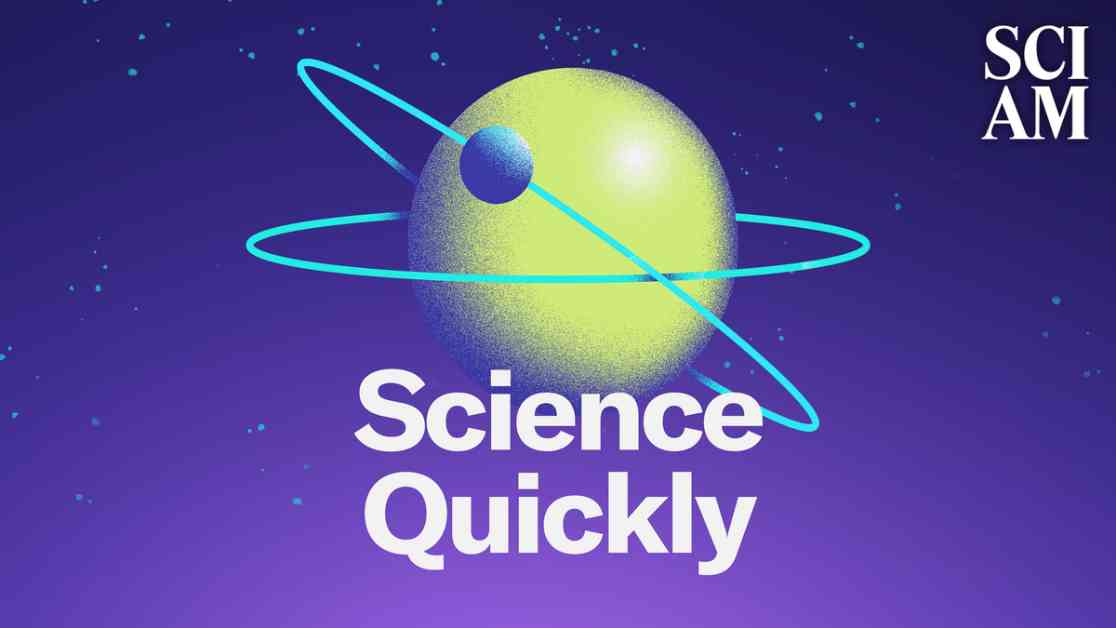Artificial intelligence (AI) has been making waves in recent times, with some companies touting its ability to predict the future. But what about using AI to delve into the past and communicate with members of ancient civilizations? In a recent opinion paper, Michael Varnum, an associate professor at Arizona State University, explores a novel idea of using tools like ChatGPT to simulate ancient cultural attitudes and behaviors.
Varnum explains that understanding cultural change, especially in long-gone civilizations, poses a challenge due to the lack of direct access to their thoughts and behaviors. Traditionally, researchers rely on indirect proxies like archival data or cultural products to infer ancient values and beliefs. However, the advent of language models like ChatGPT has opened up new possibilities.
These models have shown the ability to replicate a wide range of psychological phenomena observed in real human participants. By training these models on historical texts, researchers can potentially gain insights into the mindset of ancient societies. While this is still in its early stages, the potential for uncovering hidden aspects of past cultures is promising.
One of the challenges in using historical data is the inherent bias in the written record, as it often reflects the perspectives of the elite and educated segments of society. Researchers are exploring ways to mitigate this bias, such as fine-tuning models based on social class or comparing results with other historical sources.
Varnum also discusses the concept of WEIRD (Western, educated, industrialized, rich, and democratic) populations, highlighting how current language models may be skewed towards certain cultural norms. By diversifying the training data to include underrepresented groups, researchers can strive for a more inclusive and accurate representation of human psychology.
Looking ahead, Varnum envisions using AI to delve deeper into evolutionary psychology and explore universal aspects of human nature across different time periods. By generating hypotheses and ideas through AI, researchers may uncover new insights and push the boundaries of scientific inquiry.
In conclusion, the intersection of AI and ancient cultural studies opens up a wealth of possibilities for understanding the complexities of human behavior throughout history. While there are challenges to overcome, the potential for groundbreaking discoveries is truly exciting.




